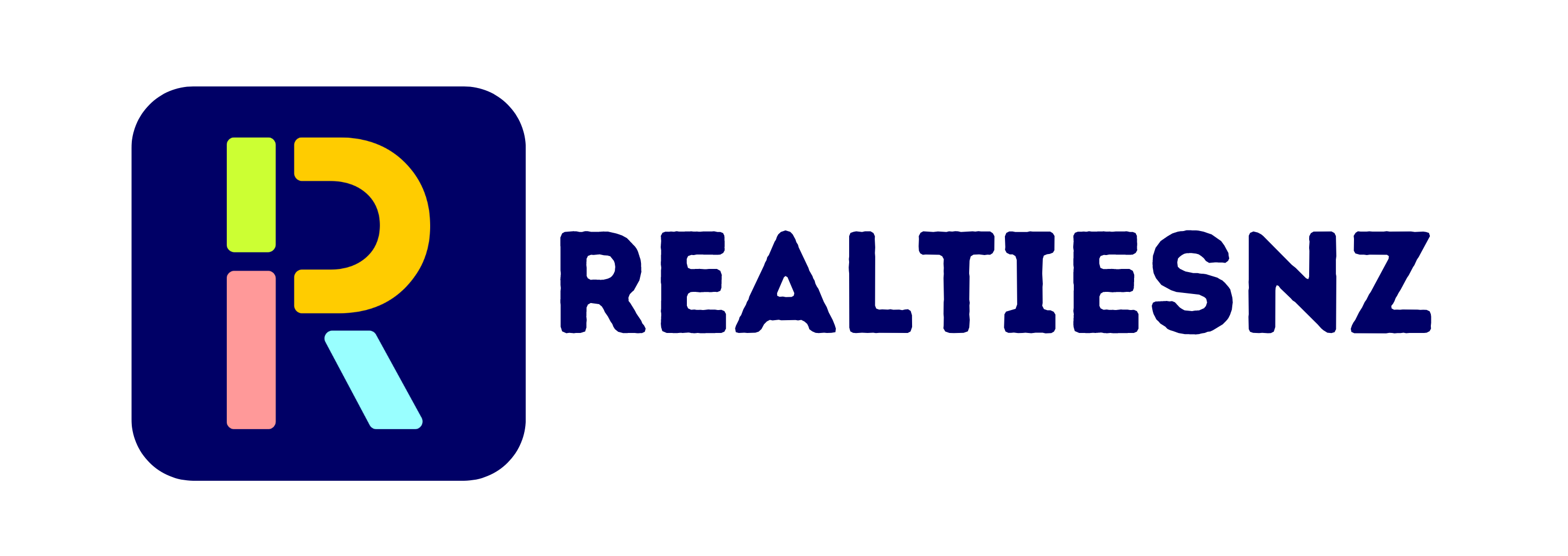Asia’s Quiet Tokenization Revolution Is Making Blockchain Real
For years, blockchain was dismissed as a volatile playground for speculation—more “digital casino” than financial innovation. But across Asia, a quiet transformation is underway. Instead of trading purely virtual coins, innovators are tokenizing tangible assets—roads, solar farms, real estate, and even clean energy infrastructure.
This marks a shift from hype to utility: from roulette wheels to regulated rails. Financial innovators are now turning real-world assets (RWAs) into blockchain-based tokens that can be traded, owned, and managed with unprecedented transparency.
From Digital Hype to Tangible Value
The first blockchain wave focused on cryptocurrencies and NFTs—digital assets with no physical counterpart. But Asia’s next wave is very different. By converting real-world assets into digital tokens, institutions can replace multiple layers of intermediaries with direct, verifiable ownership on the blockchain.
This model allows investors to divide, trade, and set up automated yield distributions via smart contracts. The assets themselves—whether solar arrays, government bonds, or electric vehicle fleets—generate measurable yields, reduce volatility, and operate under legal frameworks that increase investor confidence.
Two Innovators Leading the Charge
Amber Premium
Based in Thailand, Amber Premium offers institutional crypto services with a focus on tokenized clean energy debt, stablecoins, and more—all managed within a single digital wallet. Led by CEO Wayne Huo, a former Morgan Stanley trader, Amber recently merged with iClick to secure a Nasdaq listing.
Its compliance-first approach spans multiple jurisdictions, including regulation under Singapore’s Monetary Authority (MAS). This positioning makes Amber a bridge between traditional finance and Web3, attracting clients from regional banks to hedge funds across Asia, the Middle East, and North America.
Despite modest revenue—$14.94 million in Q1 2025—Amber manages $1.275 billion in assets for nearly 1,000 institutional clients. Its focus remains infrastructure and regulatory licensing over short-term profit.
Evolve
Founded by Canadian crypto ETF pioneer Maverick Hui, Evolve specializes in tokenizing renewable energy infrastructure, from battery-swapping stations to solar farms. It partners with Mile Green, a manufacturer of EV-charging and battery-swapping solutions, to develop clean energy assets and convert them into investment-grade tokens.
These tokens enable investors to monitor performance in real-time, bypassing slow, opaque reporting cycles. With $50 million in recent funding from CMAG Funds, Evolve is expanding its reach across Southeast Asia and Africa.
Why Asia Is Ahead
Asia’s regulatory environment—particularly in Hong Kong and Singapore—offers a more structured path for tokenization than many Western jurisdictions. Innovation sandboxes, clearer licensing processes, and a willingness to experiment give startups a head start.
Even mainland China, despite its crypto trading ban, supports enterprise blockchain through its Blockchain-based Service Network (BSN) and the e-CNY digital currency pilot.
Global Shifts Boosting Asian Platforms
Political changes in the United States are also benefiting Asia’s tokenization leaders. A more pro-crypto U.S. administration has paused enforcement actions against major exchanges, introduced a Strategic Bitcoin Reserve, and expanded 401(k) access to digital assets. These moves could unlock trillions in institutional capital, making tokenized infrastructure more appealing to pension funds and asset managers.
Challenges Ahead
Despite progress, the sector faces hurdles:
Liquidity: Trading volumes for tokenized assets remain low.
Valuation: Post-boom price corrections continue to weigh on sentiment.
Ownership Rights: Legal clarity on enforcing blockchain-based asset claims is still developing.
The Road to Real-World Blockchain
Tokenized finance is still early, but the infrastructure is maturing. Asia didn’t invent blockchain—but it might be the place where blockchain finally proves it can transform the real economy.
World Economic Forum – Tokenization of Assets
This story was written by Clay Chandler but was originally featured on Fortune.com

